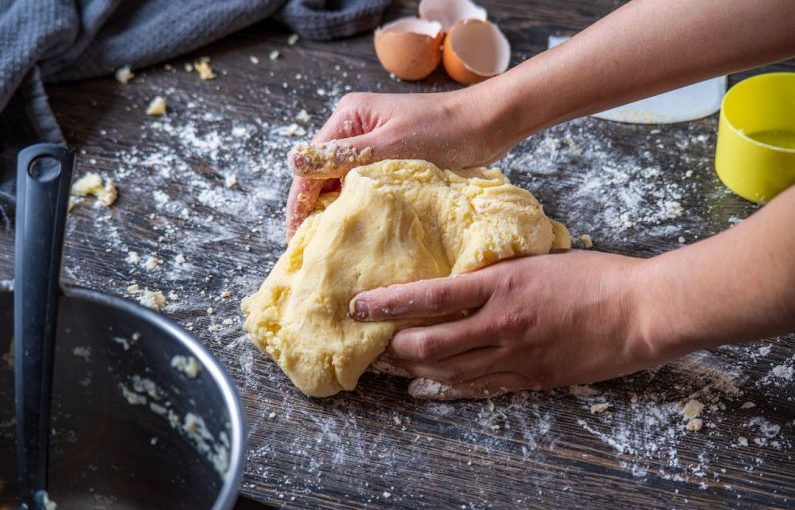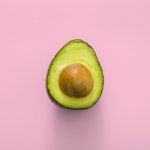Pet owners are always on the lookout for the best ways to care for their furry companions. One area that often sparks debate is whether to feed pets commercial pet food or opt for homemade alternatives. While both options have their advantages and drawbacks, homemade pet food has been gaining popularity as more pet owners seek to provide their animals with natural and nutritious meals.
**Nutritional Control**
One of the main benefits of homemade pet food is the ability to have full control over the ingredients and nutritional content of your pet’s diet. By preparing meals at home, pet owners can ensure that their furry friends are consuming high-quality, fresh ingredients that are free from artificial additives and preservatives. This level of control can be particularly beneficial for pets with specific dietary requirements or allergies, as it allows owners to tailor meals to meet their individual needs.
**Quality Ingredients**
Commercial pet foods often contain fillers and by-products that may not provide the best nutritional value for pets. In contrast, homemade pet food allows owners to select high-quality ingredients, such as lean meats, whole grains, and fresh fruits and vegetables, to create balanced and nutritious meals for their furry friends. This can lead to improved overall health and well-being for pets, as a diet rich in wholesome ingredients is essential for their development and longevity.
**Variety and Customization**
Another advantage of homemade pet food is the ability to offer a variety of flavors and textures to keep pets interested in their meals. By rotating ingredients and recipes, pet owners can prevent their pets from becoming bored with their food and ensure that they are receiving a well-rounded diet. Additionally, homemade pet food can be tailored to suit the individual preferences of each pet, allowing owners to cater to specific tastes and dietary needs.
**Cost Considerations**
While homemade pet food offers numerous benefits, it is essential to consider the cost implications of preparing meals at home. Quality ingredients can be more expensive than commercial pet foods, and the time and effort required to prepare homemade meals may not be feasible for all pet owners. Additionally, it is crucial to ensure that homemade pet food meets all of your pet’s nutritional requirements, which may require consultation with a veterinarian or pet nutritionist.
**Food Safety**
Proper food handling and preparation are critical when making homemade pet food to prevent contamination and ensure the safety of your pet. Raw ingredients should be handled with care to minimize the risk of foodborne illnesses, and cooked meals should be stored and served appropriately to avoid spoilage. Owners should also be aware of potential allergens and toxic ingredients that can be harmful to pets and take precautions to avoid them in their homemade recipes.
**Transitioning to Homemade Pet Food**
For pet owners considering making the switch to homemade pet food, it is essential to do thorough research and consult with a veterinarian or pet nutritionist to develop a balanced and nutritious diet for your furry friend. Gradually transition your pet to homemade meals to allow their digestive system to adjust to the new diet, and monitor their health and well-being closely during the transition period. With proper planning and attention to detail, homemade pet food can be a rewarding and beneficial choice for pet owners looking to provide their animals with the best possible nutrition.
In conclusion, homemade pet food offers numerous advantages, including nutritional control, quality ingredients, variety, and customization. However, it is essential to consider the cost implications, food safety concerns, and the need for proper planning and consultation when opting for homemade meals for your pets. By weighing the pros and cons carefully and taking the necessary steps to ensure a balanced and nutritious diet, pet owners can provide their furry companions with the best possible care and nutrition through homemade pet food.





